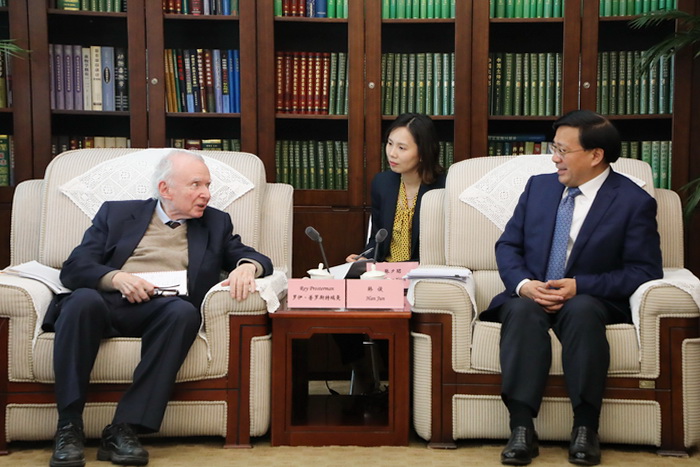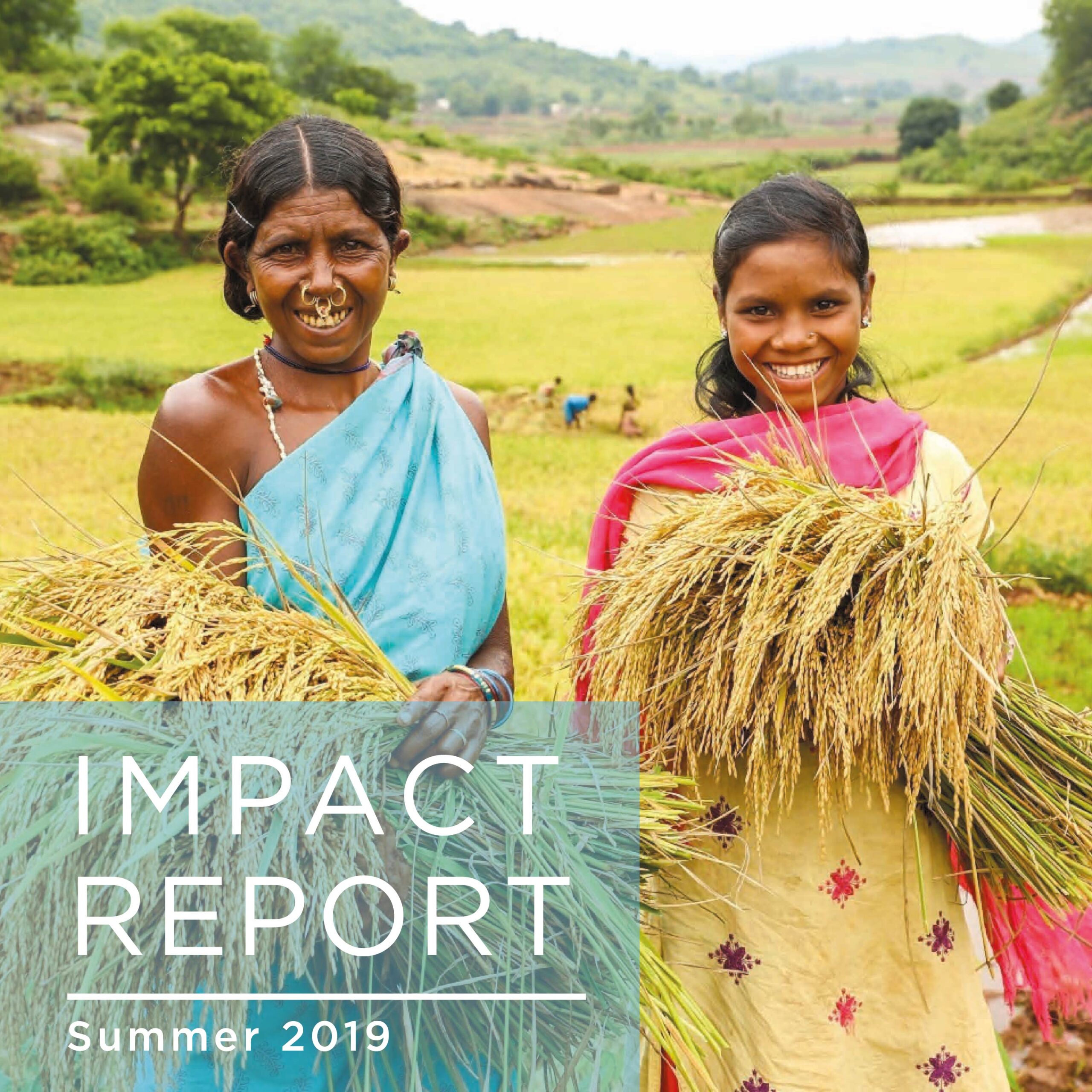China
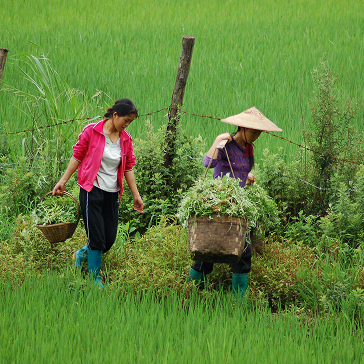
The largest and most successful poverty alleviation program in history.
In 1979, rural households in China began to receive tenure rights to small plots of land. The results were dramatic: in just the first decade of reform, annual grain production increased by 8 percent, annual rural income grew by 11 percent, and poverty declined by more than half. Secure land tenure is increasingly recognized by China’s central government as a powerful tool to address the fundamental cause of rural poverty and revitalize rural development.
For over three decades, Landesa has offered input to Chinese policy makers and partners on a range of land issues. Our recommendations are informed by thorough analysis of national laws and policies alongside discussions with farmers to understand challenges in accessing and using land.Through a series of recent historic legal and policy changes, the Chinese central government has laid the foundation for rural development and enabled smallholder farmers spark and sustain broad-based development in China, fostering a more equitable and stable society.
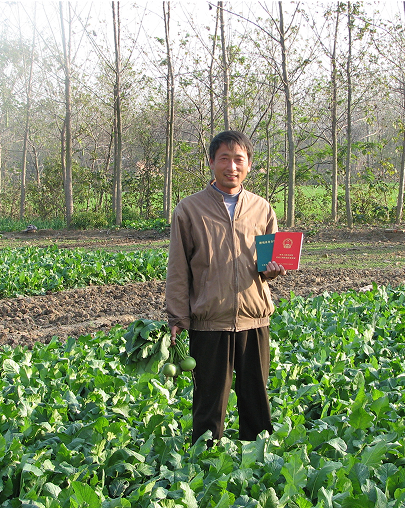
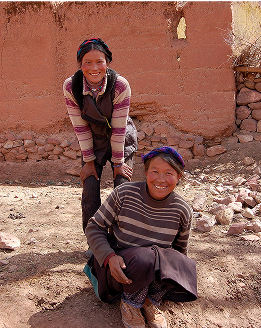
Our work
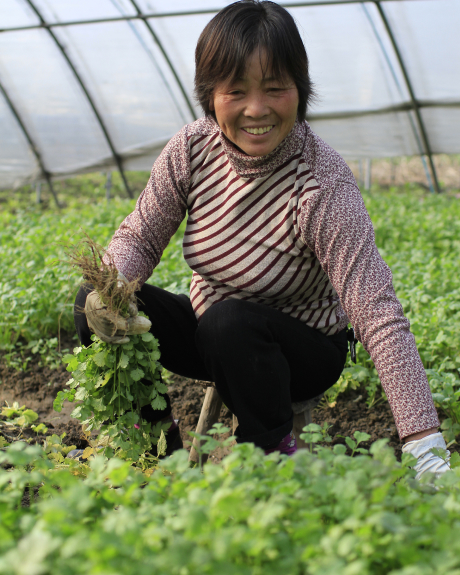
Empower Women in Rural Areas to Combat Climate Change
In China, farmers’ livelihoods are highly dependent on climate-sensitive resources such as land, water, and forests, with climate shocks from drought, flooding, abnormal temperatures, crop pests, and diseases all negatively impacting food security and the farming sector. This makes climate change adaptation a key priority for revitalizing China’s agricultural sector and strengthening rural livelihoods. At the same time, women in rural areas are among those least likely to have the ability and relevant resources to adapt to climate change.
Through a 3-year project starting in December 2024, Landesa is raising awareness among rural communities – and in particular women in those communities – about the hazards of climate change and resulting natural disasters to boost productivity and improve climate resilience among China’s farmers. By building the capacity of rural communities and grassroots organizations to tackle climate change, China can better achieve its climate change objectives and support the revitalization of the rural economy.
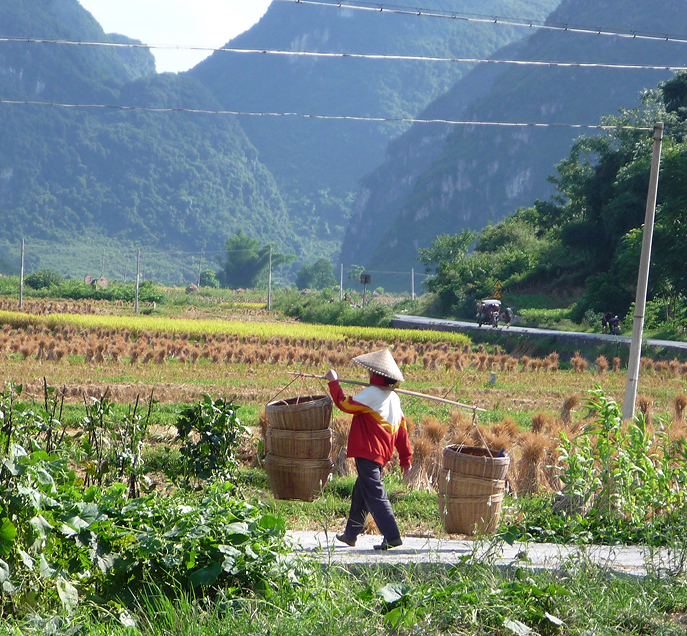
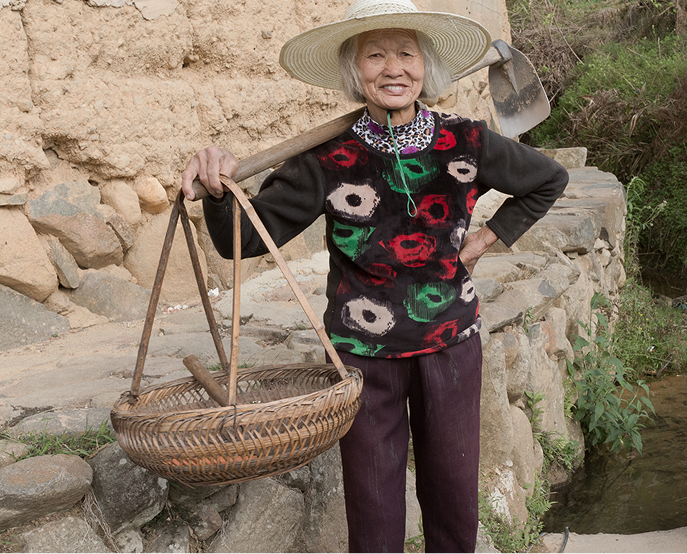
Policy Advisory Work
Providing data-driven and fact-based solutions, Landesa has supported policy and legal improvement in China by strengthening land rights for over two hundred million rural households. The legislation Landesa has provided recommendations includes:
- The 1998 Land Management Law granting all Chinese farmers 30-year rights to the land they farmed
- The 2002 Rural Land Contracting Law prohibiting all land readjustments during farmers’ 30-year tenure, except in rare circumstances, and providing a wide range of protections against various forms of violations
- The 2007 Property Law defining farmers’ 30-year rights as usufruct property rights and making such rights renewable upon expiration
- The Chinese Central Government’s 2015 policy requiring women’s names to be included in land registries – thereby protecting women’s land rights
- The 2017 Amendment to the 2002 Rural Land Contracting Law requiring names of all members of the household, including women, on the household’s land certificate, and prohibiting taking back farmers’ land rights when they migrate to cities
- The 2022 Amendments of the Law on the Protection of Women's Rights and Interests mandating equal rights to membership in agricultural collectives for women and men
- The 2019 Amendment to the 1998 Land Management Law limiting state land takings to an expressly defined list of public interest, and substantially improving farmers’ rights to due process in land takings
- The 2024 Law on Rural Collective Economic Organizations clarifying membership qualifications, in particular providing clearer rules for women

